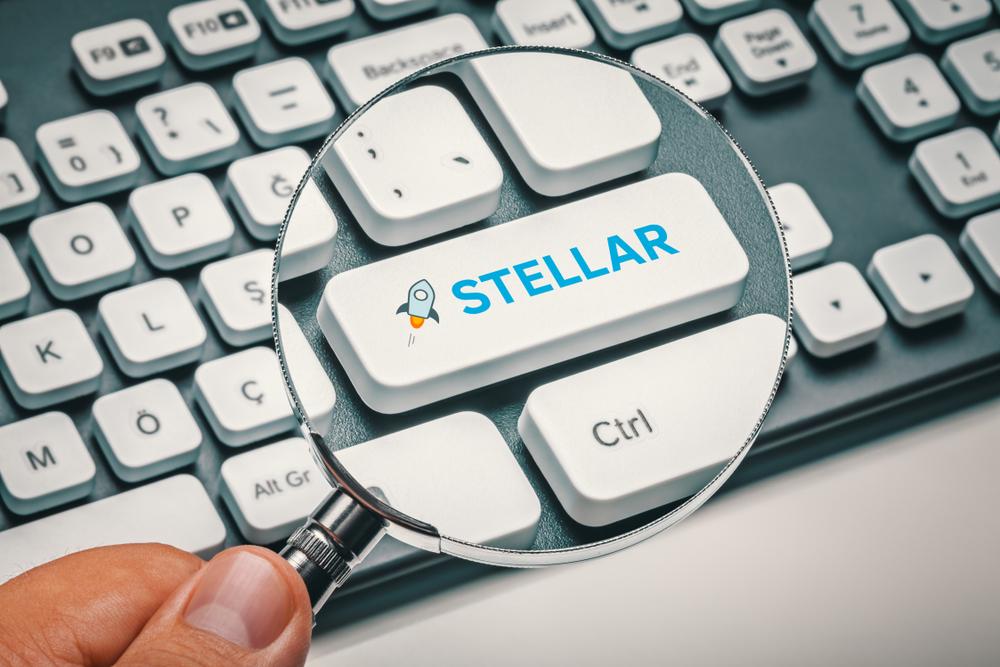- Singapore-based fintech company Lightnet Pte. Ltd. has entered into a collaboration with Asia Digital Bank Ltd. and Velo Labs Technology Ltd.
- The partners are developing a cross border payment solution based on the Stellar Blockchain and powered by Velo Labs.
Singapore-based fintech company Lightnet Pte. Ltd. has entered into a strategic partnership with Malaysia-based Asia Digital Bank Ltd. (Labuan Investment Bank) and British Virgin Islands-based Velo Labs Technology Ltd. Under a memorandum of understanding, the companies announced that they will collaborate in various areas. Lightnet will provide Asia Digital Bank with technology solutions to enable the transfer of value across borders.
In addition, Velo Labs will work with Asia Digital Bank to implement pilot projects to introduce digital assets to new forward-looking financial markets. The technology deployed by Velo Labs uses Stellar blockchain to move assets across national borders. Tridbodi Arunanondchai, CEO of Lightnet Group, elaborates that the Velo protocol is being used to connect banking services to the blockchain:
The Lightnet Group adopts the Velo Protocol as its blockchain protocol and positions itself as the next generation clearing and settlement network across the Asia Pacific region by leveraging blockchain and connecting existing financial systems with its network of cash agents and wallets, while Asia Digital Bank (Labuan Investment Bank) focuses on cross-border asset operations that are powered by new financial technologies such as blockchain and digital payment methods that enable cross-border digital asset transfer.
Stellar to serve as backbone for cross-border business solutions
Founded in 2018, Velo Labs’ mission is to build a decentralized credit exchange network that enables partners to securely transfer value between each other with maximum efficiency and transparency. It is supported financially and technologically by the Stellar Development Foundation, whose support is intended to further expand its adaptation in the Asian region. Velo Labs further states:
By connecting the legacy finance, CeFi and DeFi industries, Velo Labs’ Federated Credit Exchange Network positions Velo Labs as one of few blockchain projects with a clear path towards mass adoption.
The collaboration will greatly expand the reach of Lightnet Group, Asia Digital Bank and Veloa Labs by enabling asset transfers and transactions between money transfer companies, banks and other financial institutions worldwide. This will give users with no existing credit history the chance to obtain a loan without having to meet the complex requirements for a bank loan. According to the latest data, this will allow more than one billion people with and without bank accounts to obtain a loan. According to the official whitepaper, this uses the VELO token as a digital asset to secure financial services in the form of a loan:
It uses Stellar to increase liquidity and transaction volume, and it has a robust feature set, trusted partners that interact effortlessly, and services across physical and digital barriers. The VELO token serves as collateral to ensure settlement and represents the value of digital loans and fiat deposits on the network.
First transaction on Federated Credit Exchange successful
On January 01, 2021, Velo Labs recorded its first live transaction on the Federated Credit Exchange. This major milestone marked an important step in making Velo Labs’ Stellar-based technology available to the masses. In addition, the company is looking to expand further and recently partnered with payment giant VISA.
Recommended for you:
- Buy Stellar Guide
- Stellar Wallet Tutorial
- Check 24-hour Stellar Price
- More Stellar News
- What is Stellar?
Subscribe to our daily newsletter!
No spam, no lies, only insights. You can unsubscribe at any time.




